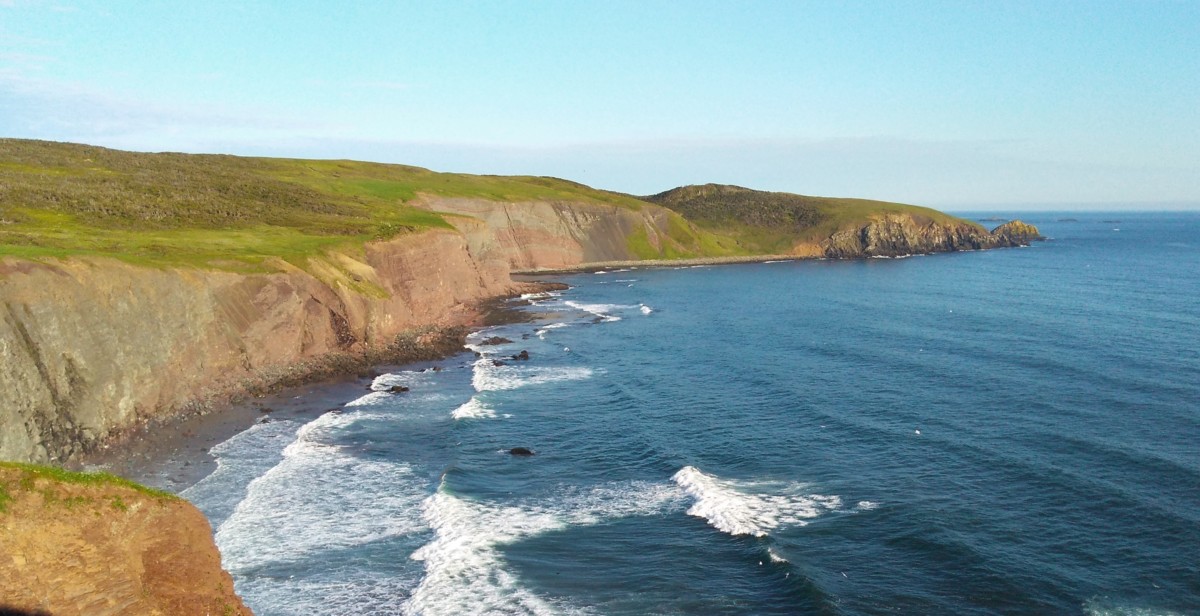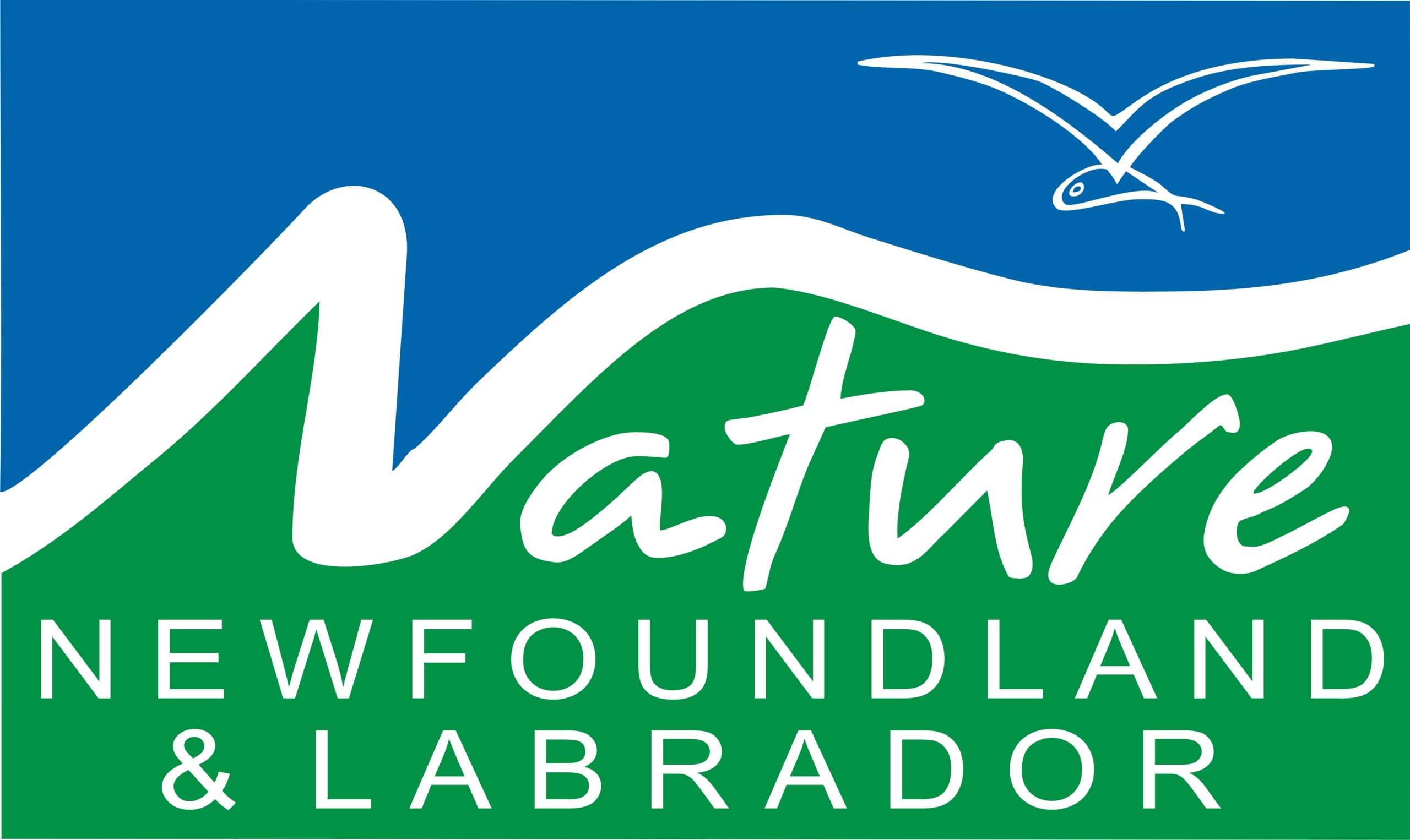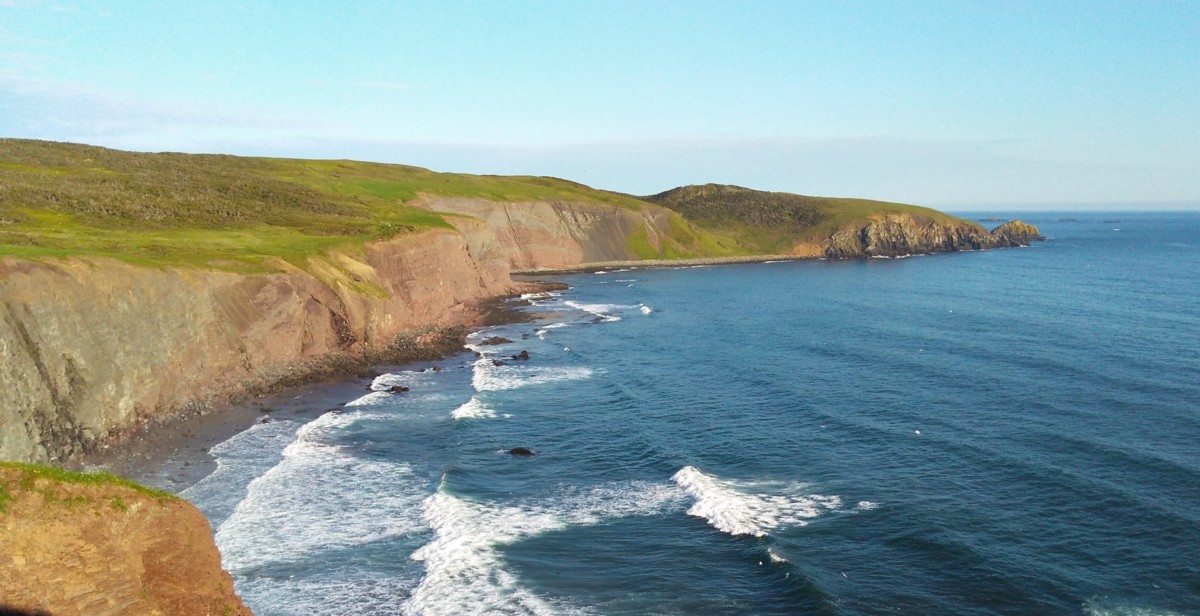
The ability to safely enjoy nature is a privilege and not everyone has the means or opportunity to actively participate in conservation and environmentalism. Those of us who are fortunate enough to engage in these activities need to remember that they are not equally available to everyone. All aspects of a person’s identity, such as class, race, gender, sexuality, age and body type, can impact a person’s access to and sense of welcome in natural spaces. Each of these aspects also influences how, when and where a person may be adversely affected by environmental issues. Worldwide, air and water quality, the preservation of wild spaces and wildlife conservation challenges are often linked to socioeconomic status and power structures built by modern and historical oppression. We cannot find solutions to these conservation and environmental challenges without also finding solutions to associated social injustices. This is why environmentalism must be intersectional.
Leah Thomas, an environmental activist and communicator, defines intersectional environmentalism as “an inclusive version of environmentalism that advocates for both the protection of people and the planet. It identifies the ways in which injustices happening to marginalized communities and the earth are interconnected. It brings injustices done to the most vulnerable communities, and the earth, to the forefront and does not minimize or silence social inequality. Intersectional environmentalism advocates for justice for people and the planet.”
Recent events both at home and abroad have highlighted the racism that is pervasive in societies around the world and have reemphasized the importance of intersectionality. Now is always the best time to work harder against all types of oppression as an organization and as individuals. Here at Nature NL, we will strive to engage in intersectional environmentalism by incorporating social justice into the conservation and educational work we do. We will work to create safe spaces for people from a variety of circumstances to engage with nature. We believe that seeking out diverse perspectives on environmental issues, conservation, nature access, and the importance of nature will make us a stronger, more resilient organization.
Nature NL focuses on generating curiosity and enjoyment of our province’s natural heritage, with the ultimate goal of encouraging nature protection and enhancement. We have led some initiatives to foster greater accessibility to nature, such as our Connecting New Canadians with Nature program, and most recently, our training of multilingual nature interpreters. We’ve learned some important and practical lessons from these initiatives. Creating carpools, providing transportation, and offering interpretation in multiple languages can help engage with people who would otherwise be unable to participate. Nature NL would like to use what we’ve learned to make nature more accessible, to strengthen partnerships and to seek out new collaborations. We have a responsibility to work harder to create more inclusive events and amplify diverse voices and perspectives within our nature networks. We believe that representation in these spaces matters, both in demonstrating that every door is open to the next generation, but also for helping to stamp out lingering stereotypes in our society about who we expect to see outside sharing our passion for wild spaces.
Read more about why working together for environmental and social justice is important and how you can become an intersectional environmentalist by following the links below. Know that Nature NL values your perspectives and experiences. If you have further ideas about how we can identify and break down barriers to nature access and conservation, we would love to hear from you.

